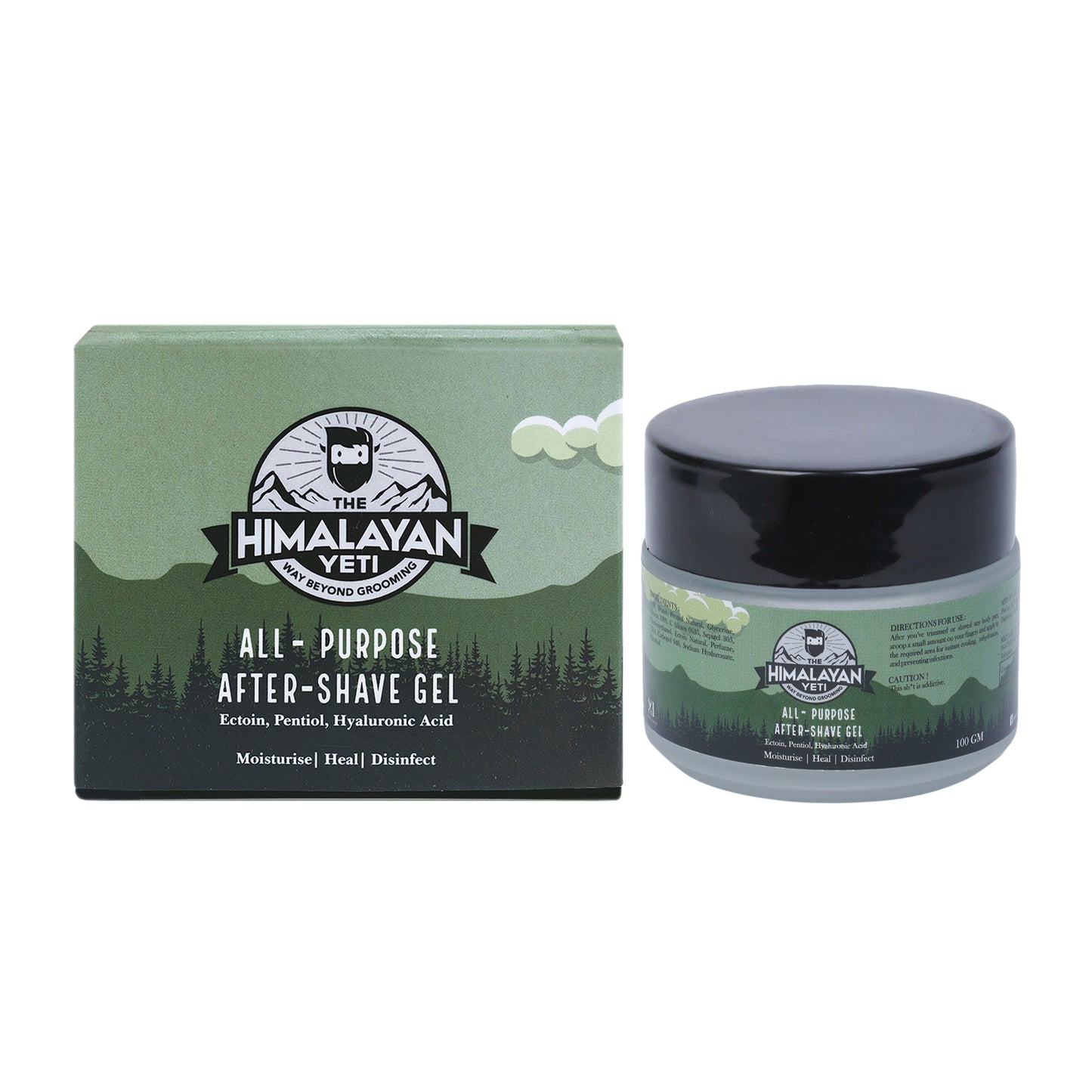
Oily skin can be a persistent and frustrating issue for many men. Excess oil production can lead to shiny skin, clogged pores, and acne breakouts. However, with the right approach, it is possible to manage oily skin effectively and maintain a healthy, matte complexion. This comprehensive guide will explore the causes of oily skin, effective skincare routines, and lifestyle changes to help keep your face shine-free.
Causes of Oily Skin
Oily skin occurs when the sebaceous glands produce too much sebum, a natural oil that helps protect and hydrate the skin. Several factors can contribute to excess oil production, including:
- Genetics: If oily skin runs in your family, you're more likely to experience it.
- Hormones: Hormonal changes, such as those during puberty or stress, can increase sebum production.
- Climate: Hot and humid weather can stimulate oil production.
- Diet: A diet high in refined sugars and dairy can exacerbate oily skin.
- Skincare Products: Using the wrong skincare products can strip the skin of natural oils, causing it to overcompensate by producing more oil.
Identifying Oily Skin
Before tackling oily skin, it's essential to confirm that your skin type is indeed oily. Common characteristics of oily skin include:
- A shiny appearance (forehead, nose, and chin).
- Enlarged pores.
- Frequent acne breakouts, blackheads, and whiteheads.

Effective Skincare Routine for Oily Skin
Controlling shine and preventing breakouts can be achieved with an efficient skincare routine designed for oily skin. Here's a detailed how-to:
1. Cleanse Twice Daily:
Cleansing is crucial for removing excess oil, dirt, and impurities. Use a gentle, face wash designed for oily skin. Look for ingredients like Willow Bark, which helps to control oil and prevent acne.
One excellent option to consider is the Himalayan Yeti face wash for men. This face wash is highly effective in reducing oil production and refreshing your skin. It is specifically formulated for oily skin, providing a thorough cleanse without stripping your skin of essential moisture. Regular use can help maintain an oil-free complexion and keep your skin feeling fresh throughout the day.

2. Use a Toner:
Toners help to balance the skin’s pH and remove any remaining impurities after cleansing. Opt for an alcohol-free toner with soothing and oil-controlling ingredients like witch hazel or tea tree oil.
4. Apply a Lightweight Moisturizer:
Even oily skin needs hydration. Choose a lightweight, non-comedogenic moisturizer that won’t clog pores. Gel-based or water-based moisturizers are excellent options.

5. Use Sunscreen Daily:
Sunscreen is essential to protect your skin from UV damage, which can worsen oiliness and cause premature aging. Look for a broad-spectrum, oil-free sunscreen with at least SPF 30.
Lifestyle Changes to Control Oily Skin
In addition to a proper skincare routine, certain lifestyle changes can help manage oily skin.
1. Maintain a Balanced Diet:
Your diet plays a significant role in the health of your skin. Try to eat a well-balanced diet that is high in whole grains, fruits, vegetables, lean meats, and carbohydrates. These nutrient-dense foods provide the vitamins, minerals, and antioxidants necessary for maintaining vibrant and healthy skin. Understanding why antioxidants are important.
Avoid foods high in refined sugars and dairy, as they can exacerbate oily skin. as they can exacerbate oily skin and lead to breakouts. Prioritizing a balanced, antioxidant-rich diet will help you achieve and maintain clear, glowing skin.
2. Stay Hydrated:
Drinking plenty of water helps to keep your skin hydrated and can reduce the appearance of oiliness. Try to have 8 glasses of water or more each day.
3. Manage Stress:
Stress can trigger hormonal changes that increase oil production. Incorporate stress-reducing activities into your routine, such as exercise, meditation, or hobbies you enjoy.
4. Avoid Touching Your Face:
Touching your face can transfer dirt, bacteria, and oils from your hands to your face, leading to breakouts. Try to avoid touching your face throughout the day.
Managing oily skin requires a consistent skincare routine, healthy lifestyle choices, and the right products. By understanding the causes of oily skin and following the tips outlined in this guide, you can effectively control oil production and maintain a shine-free complexion. Remember, everyone’s skin is unique, so it may take some time to find the perfect routine that works for you. Stay patient and persistent, and your skin will thank you.
Frequently Asked Questions:
1. If I have oily skin, may I skip the moisturiser?
Ans: No, even oily skin needs hydration. Skipping moisturizer can cause your skin to produce even more oil to compensate for the lack of moisture.
2. If I have oily skin, how often should I wash my face?
Ans: It’s best to wash your face twice a day, in the morning and at night.
3. Can diet affect oily skin?
Ans: Yes, diet can impact the oiliness of your skin. Avoid foods high in refined sugars and dairy, as they can exacerbate oily skin. Instead, focus on a balanced diet rich in fruits, and vegetables.

